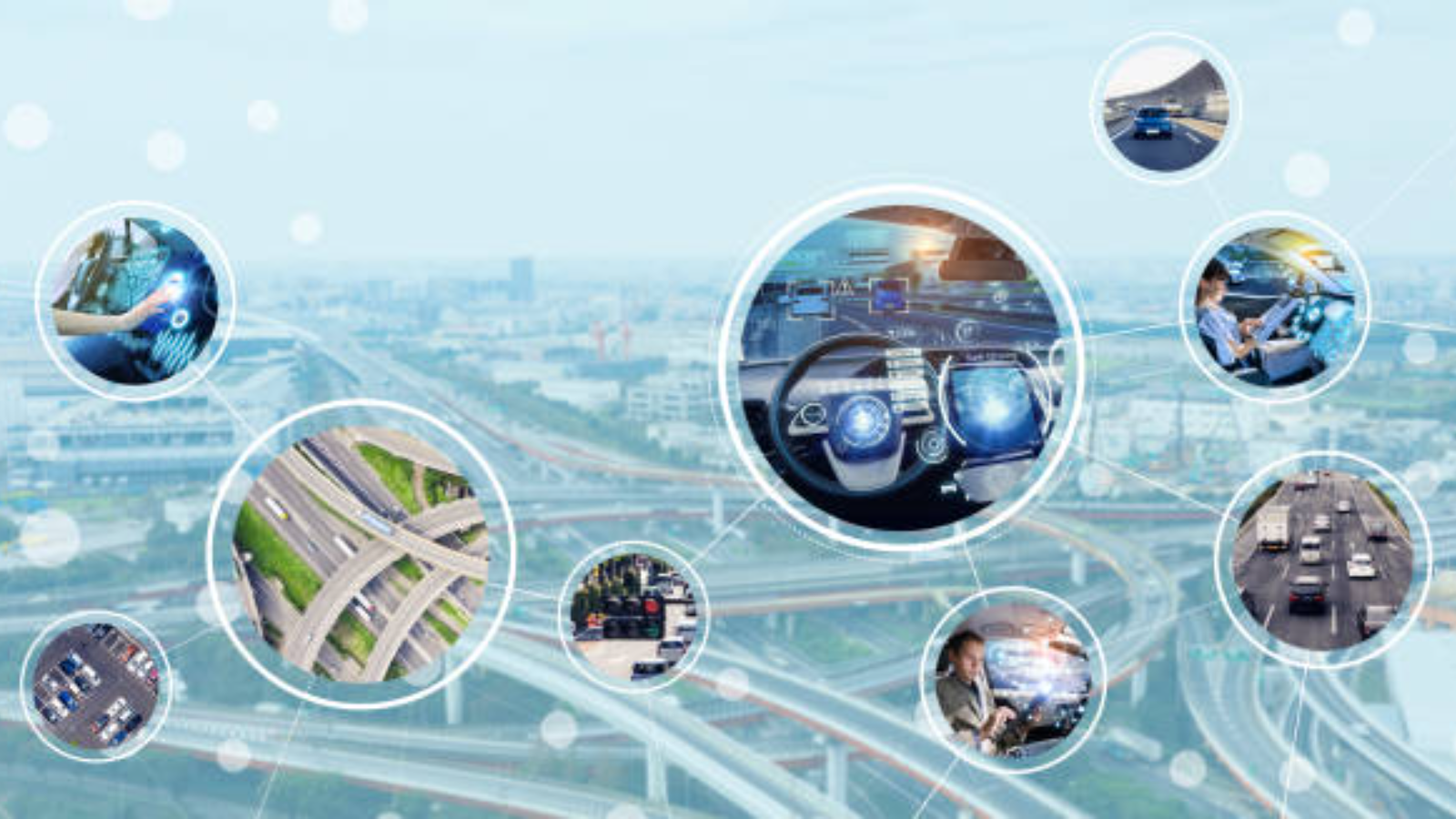In this Article
Introduction
In an era of rapid urbanization and technological advancements, the concept of smart cities has emerged as a promising solution to the myriad challenges faced by urban environments. Smart city projects aim to leverage advanced technologies and data analytics to enhance the quality of life for residents, improve public services, and promote sustainable development. But the question remains: How useful smart city projects will be in addressing these urban challenges?
This article delves into the potential benefits and challenges of smart city initiatives, providing a balanced perspective on their overall utility.
Benefits of Smart City Projects
Smart city projects have the potential to revolutionize urban living in several significant ways. Here are some key areas where they can make a substantial impact:
1. Enhanced Public Services
One of the primary objectives is to improve the efficiency and effectiveness of public services. By integrating advanced technologies and data analytics, cities can:
- Optimize Traffic Management: Smart traffic lights and sensors can monitor real-time traffic conditions, reducing congestion and improving traffic flow. This can lead to shorter commute times and lower emissions.
- Improve Public Safety: Surveillance cameras, emergency response systems, and predictive analytics can enhance public safety by enabling quicker responses to incidents and preventing crime.
- Streamline Waste Management: Smart waste bins equipped with sensors can alert sanitation workers when they need to be emptied, ensuring timely waste collection and reducing litter.
2. Sustainable Development
Sustainability is a core focus of smart city projects. These initiatives can help cities reduce their environmental footprint and promote sustainable practices by:
- Energy Efficiency: Smart grids and energy management systems can optimize energy consumption, reducing waste and lowering utility costs. Renewable energy sources can be integrated more effectively.
- Water Management: Smart water meters and leak detection systems can monitor water usage and identify leaks, promoting water conservation and preventing water loss.
- Green Infrastructure: Smart cities can incorporate green infrastructure, such as urban forests and green roofs, to mitigate the effects of climate change and improve air quality.
3. Economic Growth
Smart city projects can also stimulate economic growth by creating new opportunities and attracting investments. Key benefits include:
- Job Creation: The development and maintenance of smart city infrastructure can create jobs in various sectors, including technology, construction, and public services.
- Attracting Businesses: A well-functioning smart city with efficient services and infrastructure can attract businesses and investors, boosting the local economy.
- Innovation Hubs: Smart cities can become centers of innovation, fostering collaboration between government, academia, and the private sector to develop new technologies and solutions.
4. Improved Quality of Life
Ultimately, the success of these projects is measured by their impact on residents’ quality of life. These projects can:
- Enhance Mobility: Smart transportation systems, including public transit and bike-sharing programs, can provide residents with convenient and sustainable mobility options.
- Promote Health and Well-being: Air quality sensors, noise monitoring, and green spaces can contribute to a healthier urban environment, improving residents’ overall well-being.
- Foster Community Engagement: Digital platforms and apps can facilitate communication between residents and local authorities, enabling greater community involvement and participation in decision-making.
Challenges of Smart City Projects
While the benefits of smart city projects are substantial, several challenges must be addressed to ensure their success:
- Data Privacy and Security: The vast amount of data collected in smart cities raises concerns about privacy and security. Ensuring that data is protected and used responsibly is crucial.
- High Costs: Implementing smart city technologies can be expensive. Securing funding and managing costs effectively are significant challenges for many cities.
- Technological Integration: Integrating various technologies and systems can be complex. Ensuring interoperability and seamless communication between different components is essential.
- Public Acceptance: Gaining public support and trust is vital. Residents need to understand the benefits of smart city projects and feel confident that organizations are using their data ethically.
Conclusion
Smart city projects hold immense potential to transform urban living by enhancing public services, promoting sustainable development, stimulating economic growth, and improving residents’ quality of life. However, their success depends on careful planning, effective implementation, and continuous monitoring. While addressing challenges such as data privacy, high costs, and technological integration, the benefits far outweigh the drawbacks. As cities worldwide continue to embrace smart technologies, the future of urban living looks promising.
How Can We Help?
The AlphaX ecosystem offers comprehensive solutions to support cities in implementing their smart city projects. From advanced data analytics and scalable technologies to citizen engagement platforms, AlphaX provides the tools and expertise needed to overcome challenges and achieve your smart city goals. For more information on how AlphaX can assist your city, visit AlphaX Contact Us.
References
Related Blog Posts
How Smart Cities Connect: Getting Started with Edge AI and IoT Technology
How to Get Started with Edge AI and IoT Technologies in Smart Cities: Overcoming Integration Challenges In recent years, the concept of smart cities has evolved from a futuristic Read More
5 Step Strategy: Ensuring Security and Privacy in 15-Minute Smart Cities
Introduction Ensuring security and privacy in 15-minute smart cities is a critical challenge as urban areas become increasingly connected through IoT and edge AI technologies. These cities aim to Read More
What is a smart city and the challenge of legacy systems
How to Get Started with Integrating Legacy Systems in Smart Cities Smart cities are transforming urban landscapes by leveraging technology to improve the quality of life for residents. However, Read More




